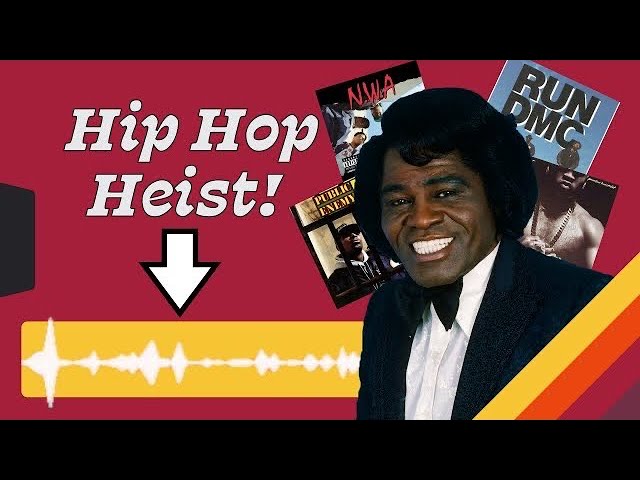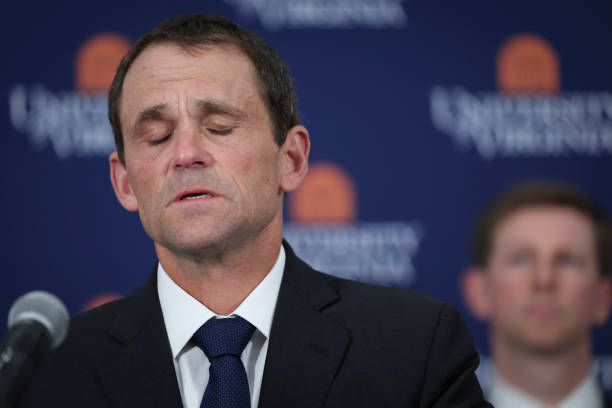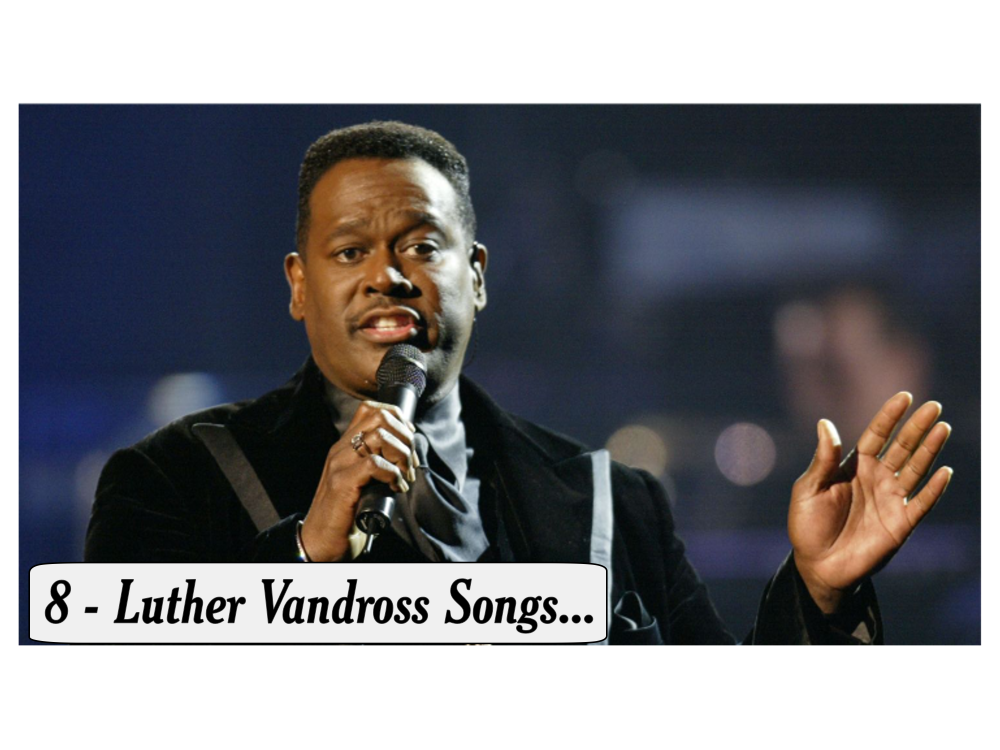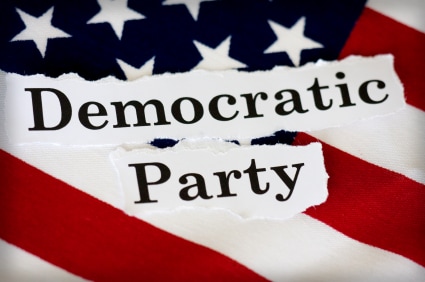(ThyBlackMan.com) The hip-hop world has been blowing up over recent revelations that the former ceo of Czar Entertainment, James Rosemond was involved in the 1994 attack on rapper Tupac Shakur who was ambushed in an NYC elevator sustaining gunshots wounds from which he would recover. Some believe this started a chain of events, which resulted in a profitable beef between two of hip-hops biggest stars Tupac and Biggie Smalls. A little explored fact that came out of the recent drug trafficking and money laundering trials of Rosemond and his co-defendants was that “facilities” owned by Interscope records and Universal Music Group were used.
During a so-called “Queen For A Day” proffer sessions which is basically an amnesty sessions with the government, James Rosemond admitted to his involvement in setting up the robbery and assault on Tupac Shakur as he was leaving a New York City recording studio. However, according to White Collar  Crime News proffer sessions are not usually given to so-called “street crimes”. On a side note, it is interesting to discover more evidence that law enforcement operates according to an unspoken racial and/or economic code.
Crime News proffer sessions are not usually given to so-called “street crimes”. On a side note, it is interesting to discover more evidence that law enforcement operates according to an unspoken racial and/or economic code.
“A proffer session, sometimes called a “Queen for a day” is an exchange of information between you, the suspect and law enforcement. You can generally admit to criminal activity and any admissions cannot be directly used against you later at trial. Proffer sessions are frequently used by law enforcement on the federal level such as the U.S. Attorney’s Office, although some state law enforcement agencies use proffer sessions as well. Furthermore, these sessions are usually used for white-collar crime investigations and rarely used for “street crimes”.
It is also interesting to learn that while Tupac Shakur named James Rosemond aka Jimmy Henchman as the man who set him up in the song “Against All Odds” which is a prime example of the explosion of hostility and violence festering in the hip-hop community and its label supported music being exploited for profit, the police never interviewed Rosemond as a suspect in the case.
Another interesting aspect of the story that so far has not really been dug in to, is the extent of Universal Music Group / Interscope Records involvement and/or knowledge of the drug ring for which James Rosemond and 19 others were convicted of running through their facilities.
Rosemond was alleged by the government to have used his “connections with people associated with Interscope records” to facilitate his coast-to-coast drug trafficking scheme. Who those people “associated” with Interscope records are is currently not clear and Interscope executives issued a statement that disavowed any connections to Rosemond and “was puzzled as to how anyone associated with Rosemond’s firm had access to Interscope facilities”.
It appears that the Interscope executives are getting a pass when supposedly ignorance is no excuse under the law. Typically when less wealthy and powerful people are the owner’s of homes alleged to be have been used in drug trafficking, they not only loose those homes and/or facilities, but they usually are charged with maintaining a dwelling for drug distribution. If you, an ordinary citizen is stopped in your vehicle and authorities find drugs, the owner of the car will forfeit ownership to the govt.
When Wachovia bank, now owned and renamed Wells Fargo, was implicated in allowing up to 378.4 billion dollars of drug money to be laundered through Mexico, a similar crime among those Rosemond was charged with but only involved a couple of million, Wachovia executives pleaded ignorance and no one went to jail under a deferred prosecution agreement with the U.S. Justice Dept.
According to The Village Voice,
“Prosecutors proved that couriers working for Rosemond delivered massive volumes of drugs, cash and machine guns in music crates to recording studios and record labels owned by or affiliated with Vivendi’s Universal Music Group, the largest music corporation in the world.”
Yet the media seems to be more focused on Tupac Shakur and James Rosemond than on how recording label’s names keep coming up in drug related scandals. It really should not surprise anyone since the labels could be implicated in helping to create a culture of drugs, sex and violence through the hip-hop culture they hijacked.
This is also another example of how the U.S. government’s drug policy is an utter failure and that it can never eliminate the street market due to the simple laws of supply and demand but if it is going to criminalize certain behaviors and substances, it would be nice to see the law equally applied which also will probably never happen.
Staff Writer; Scotty Reid
To join this brother Black Talk Radio Movement feel free to visit; BT Radio Network.
Also connect via Facebook; Black Talk Fan Page.

















Leave a Reply